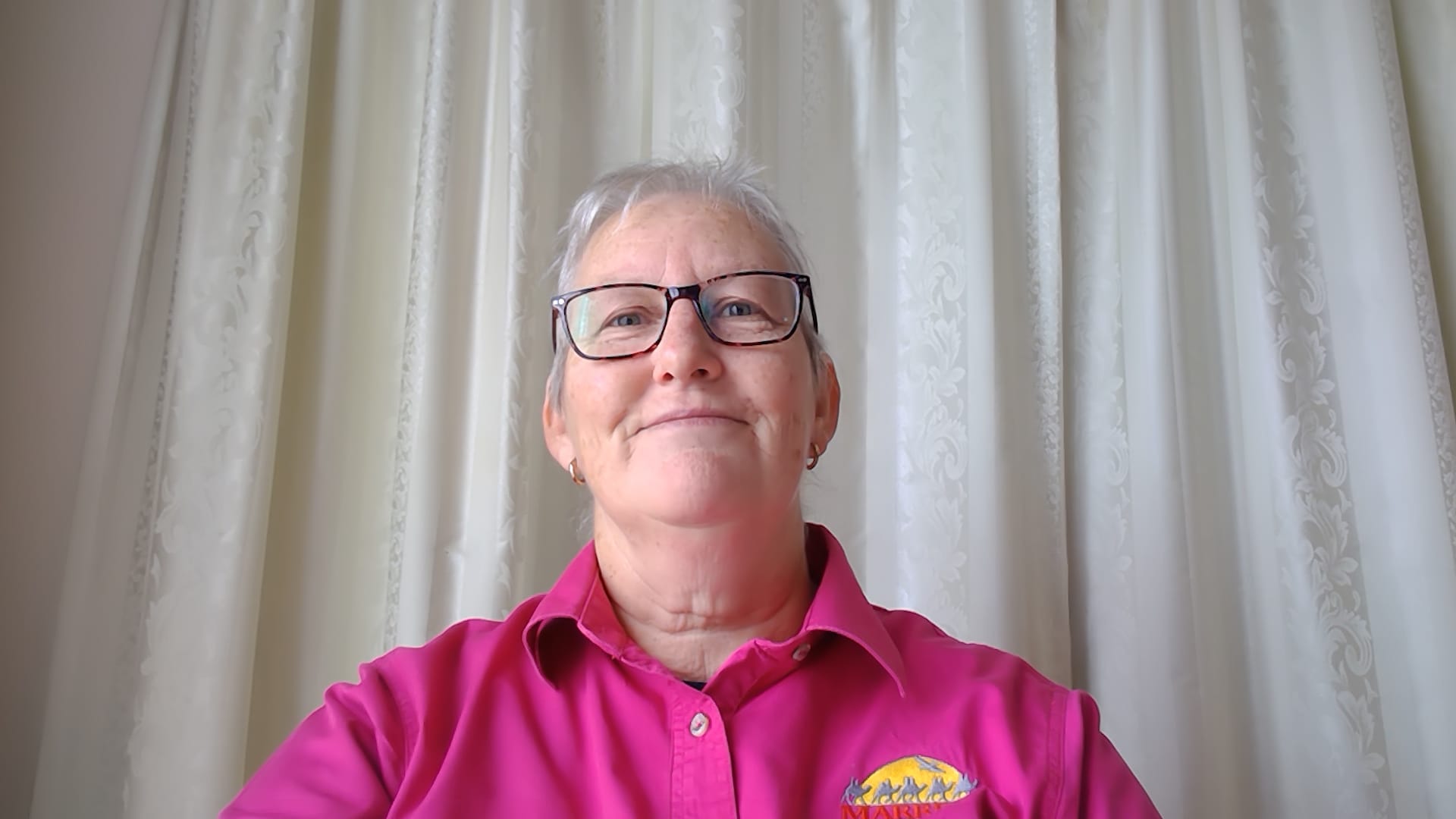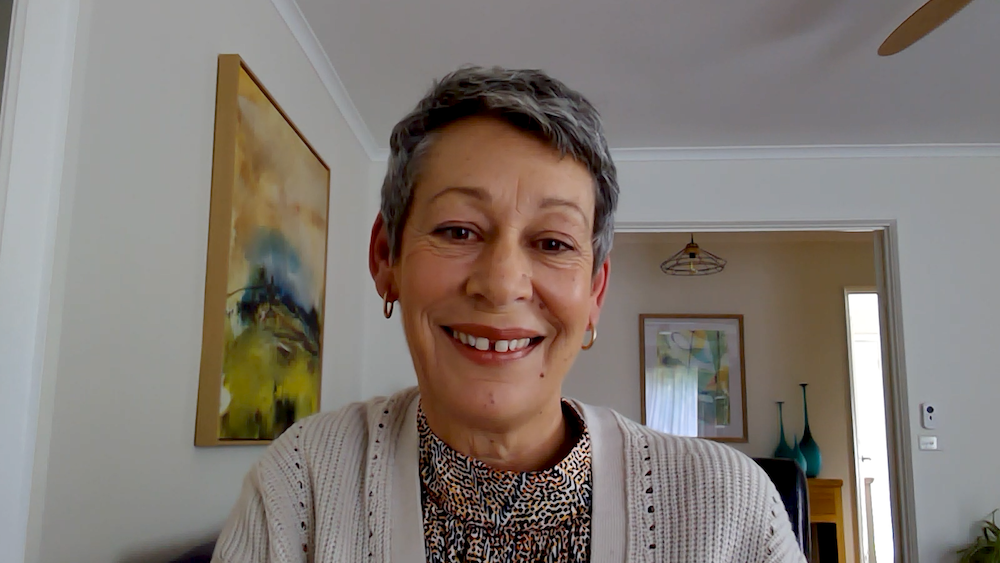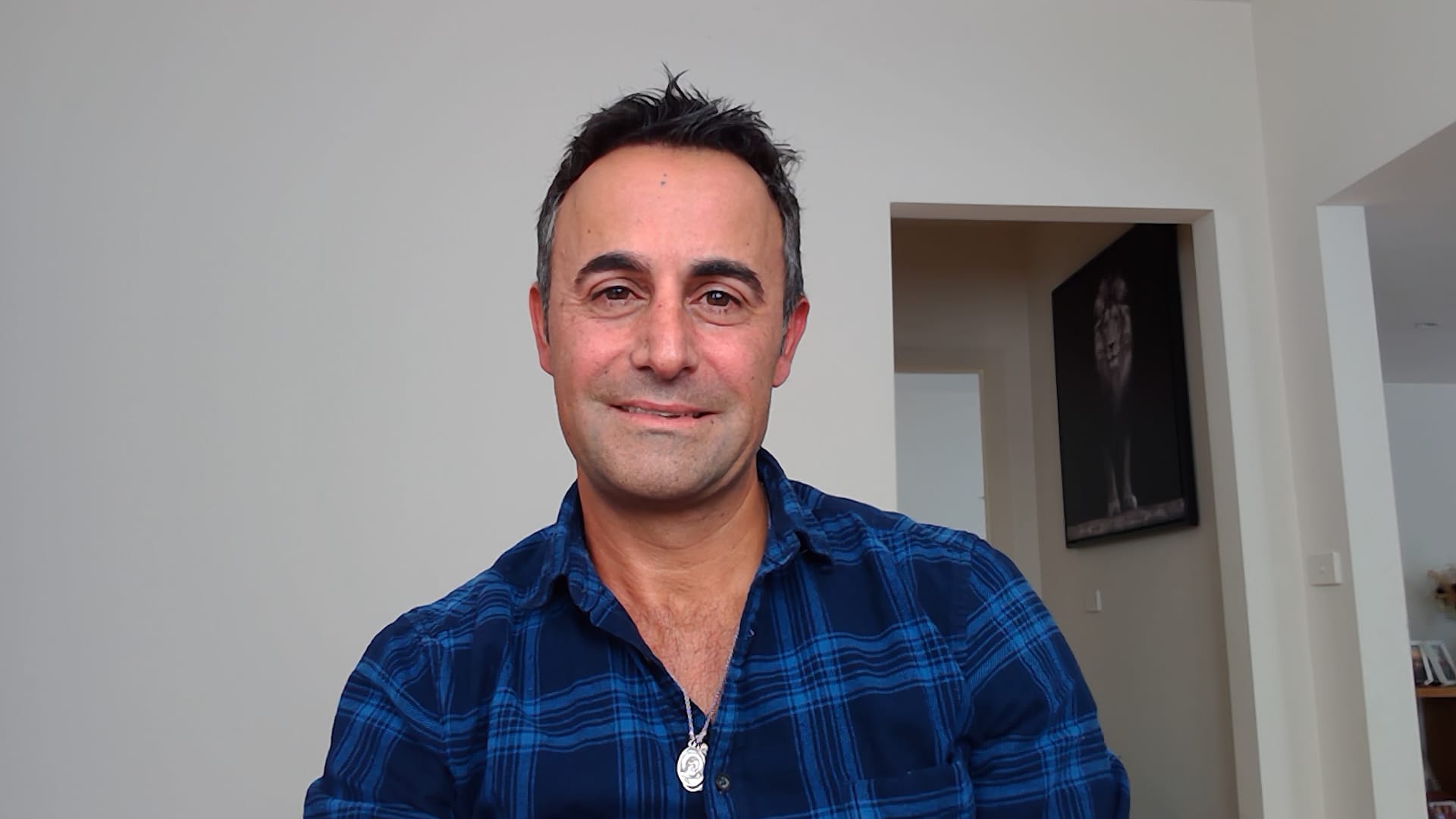How Is Lung Cancer Diagnosed?
Unfortunately, diagnosing lung cancer can be tricky. Part of the reason being, too many Australians are diagnosed at a later stage – often when it has spread to other parts of the body. This is because many of the symptoms of lung cancer, such as a persistent cough and shortness of breath, are also common in other, less serious conditions.
-
Cancer Council Australia. Clinical practice guidelines for the prevention and diagnosis of lung cancer. Available at: https://wiki.cancer.org.au/australia/Guidelines:Lung_cancer/Prevention_and_diagnosis/Summary_of_recommendations. Accessed April 2020.

Please consider supporting Lung Foundation Australia
There is hope in every breath.
Connect with us today.
Book a free telephone appointment with our Lung Cancer Support Nurse or find out how you can help champion policy change and raise awareness and funding for life-changing research and support services.
 Donate
Donate






